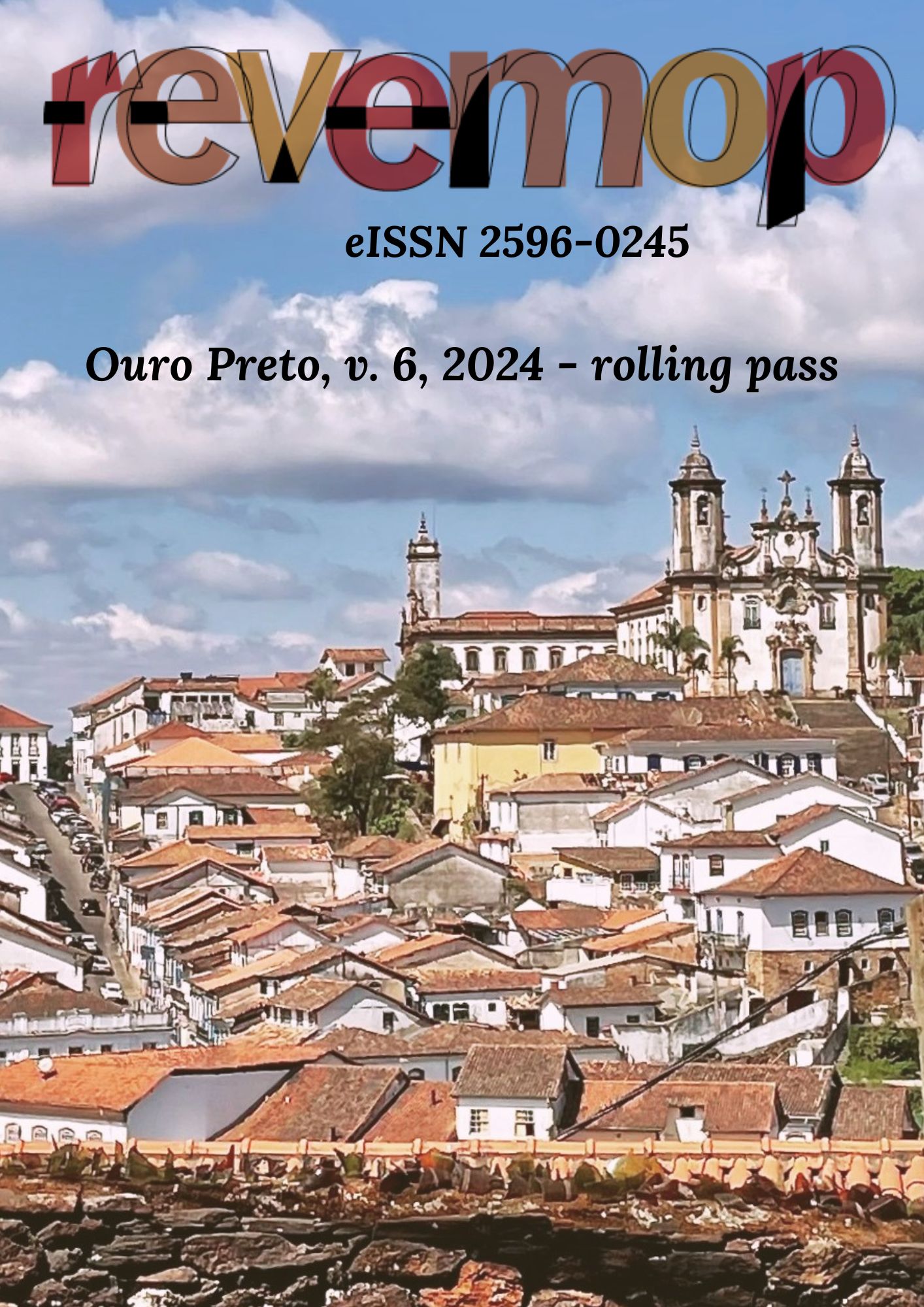Knowledge of independent events by prospective primary school teachers
Abstract
This article studies the knowledge of prospective primary school teachers about independent events based on the following three objectives: 1) to classify two given events as independent or non-independent; 2) state the definition of independent events; and 3) formulate examples of independent events. The study included 37 students who were attending the 2nd year of the Degree in Basic Education at a university in the north of Portugal. The students answered a questionnaire with several questions about different types of events, being treated in this study only those related to independent events. Thus, the data used in the investigation consist of the students' resolutions of these questions. In terms of results, it should be noted that the students revealed difficulties in all objectives, more pronounced in the formulation of examples of independent events and less in the definition of independent events. From these results it appears that many students, despite knowing the definition of independent events, were not able to apply this knowledge to distinguish independent events from non-independent events and to formulate examples of independent events.
Downloads
References
ALSINA, Ángel. “Ça commence aujourd'hui”: alfabetización estadística y probabilística en la educación matemática infantil. PNA Revista de Investigación en Didáctica de la Matemática, Granada, v. 15, n. 4, p. 243-266, 2021.
AUSUBEL, David; NOVAK, Joseph; HANESIAN, Helen. Psicologia educacional. Rio de Janeiro: Interamericana, 1980.
BATANERO, Carmen. La comprensión de la probabilidad en los niños: ¿qué podemos aprender de la investigación? In: ENCONTRO DE PROBABILIDADES E ESTATÍSTICA NA ESCOLA, 3, 2013, Braga. Atas… Braga: Centro de Investigação em Educação da Universidade do Minho, 2013. p. 9-21.
BATANERO et al. El inicio del razonamiento probabilístico en educación infantil. PNA Revista de Investigación en Didáctica de la Matemática, Granada, v. 15, n. 4, p. 267-288, 2021.
BOROVCNIK, Manfred; PEARD, Robert. Probability. In: BISHOP, Alan ET AL. (Eds.). International handbook of mathematics education. Dordrecht: Kluwer Academic Publishers, 1996. p. 239-287.
CONTRERAS, José Miguel et al. Evaluación de la falacia del eje temporal en futuros profesores de educación secundaria. Acta Scientiae, Canoas, v. 14, n. 3, p. 346–362, 2013.
CORREIA, Paulo. Ferreira; FERNANDES, José António. Intuições de alunos do 9.º ano em acontecimentos independentes. Zetetiké, Campinas, v. 22, n. 41, p. 83-113, 2014.
FERNANDES, José António. Classificação, definição e formulação de acontecimentos disjuntos por futuros professores dos primeiros anos escolares. Revista de Educación Estadística, Talca, v. 1, n. 1, p. 1-18, 2022.
FERNANDES, José António. Explorar acontecimentos complementares em Probabilidades por futuros professores dos primeiros anos. Revista Eletrônica de Educação Matemática - REVEMAT, Santa Catarina, in press.
FERNANDES, José António. Compreensão de futuros professores dos efeitos nas medidas de tendência central ao se acrescentar novos dados a um conjunto. Bolema, Rio Claro, v. 35, n. 71, p. 1825-1844, 2021.
FERNANDES, José António et al. Desempenho em probabilidade condicionada e probabilidade conjunta de futuros professores do ensino básico. Quadrante, Lisboa, v. XXIII, n. 1, p. 43-61, 2014.
FERNANDES, José António; BARROS, Paula Maria. Definir acontecimentos incompatíveis, complementares e independentes. Indagatio Didactica, Aveiro, v. 13, n. 1, p. 31-42, 2021.
FERNANDES, José António; DINIZ, Leandro do Nascimento. Ensino de Probabilidade e Estatística na Educação Fundamental da Base Nacional Comum Curricular do Brasil. Góndola, Enseñ Aprend Cienc, Bogotá, v. 17, n. 2, p. 392-406, 2022.
FERNANDES, José António; FREITAS, Adelaide. Selection and Application of graphical and numerical statistical tools by prospective primary school teachers. Acta Scientiae, Canoas, v. 21, n. 6, p. 82-97, 2019.
FERNANDES, José António; OLIVEIRA JÚNIOR, Ailton. Paulo. Relacionar acontecimentos disjuntos e complementares. Revista de Investigação e Divulgação em Educação Matemática – RIDEMA, Juiz de Fora, v. 7, n.1, p. 1-21, 2023.
FISCHBEIN, Efraim. The intuitive sources of probabilistic thinking in children. Dordrecht: D. Reidel, 1975.
FISCHBEIN, Efraim; NELLO, Maria Sainati; MARINO, Maria Sciolis. Factors affecting probabilistic judgments in children and adolescents. Educational Studies in Mathematics, Dordrecht, v. 22, p. 523-549, 1991.
MARTINS, Maria Eugénia. Acontecimentos independentes. Revista de Ciência Elementar, Porto, v. 5, n. 4, p. 1-4, 2017.
HAWKINS, Anne; JOLLIFFE, Flavia; GLICKMAN, Leslie. Teaching Statistical Concepts. Harlow, UK: Longman, 1992.
MEC. Base Nacional Comum Curricular ─ Educação é a Base. Brasília: Ministério da Educação, 2018.
MINISTÉRIO DA EDUCAÇÃO. Aprendizagens Essenciais de Matemática: Ensino Básico. Lisboa: Autor, 2018a.
MINISTÉRIO DA EDUCAÇÃO. Aprendizagens Essenciais de Matemática: Ensino Secundário. Lisboa: Autor, 2018b.
NIKIFORIDOU, Zoi; PANGE, Jenny. The notions of chance and probabilities in preschoolers. Early Childhood Education Journal, Dordrecht, v. 38, n. 4, p. 305-311, 2010.
SKEMP, Richard Rowland. The psychology of learning mathematics. Hillsdale: Lawrence Erlbaum Associates, 1993.






























